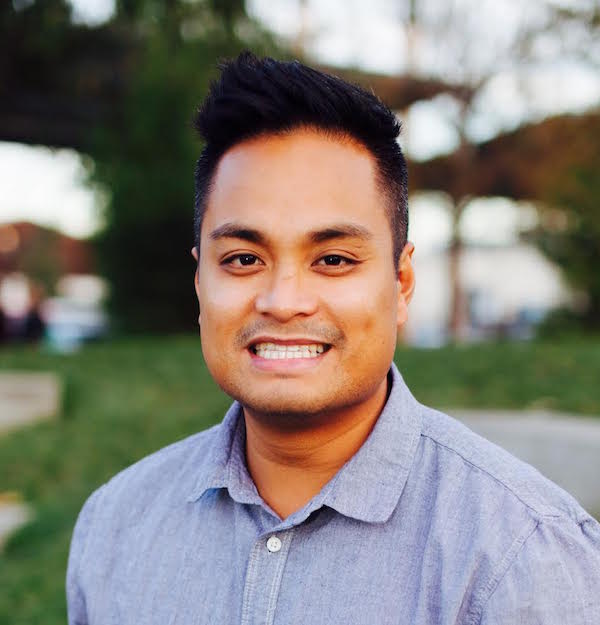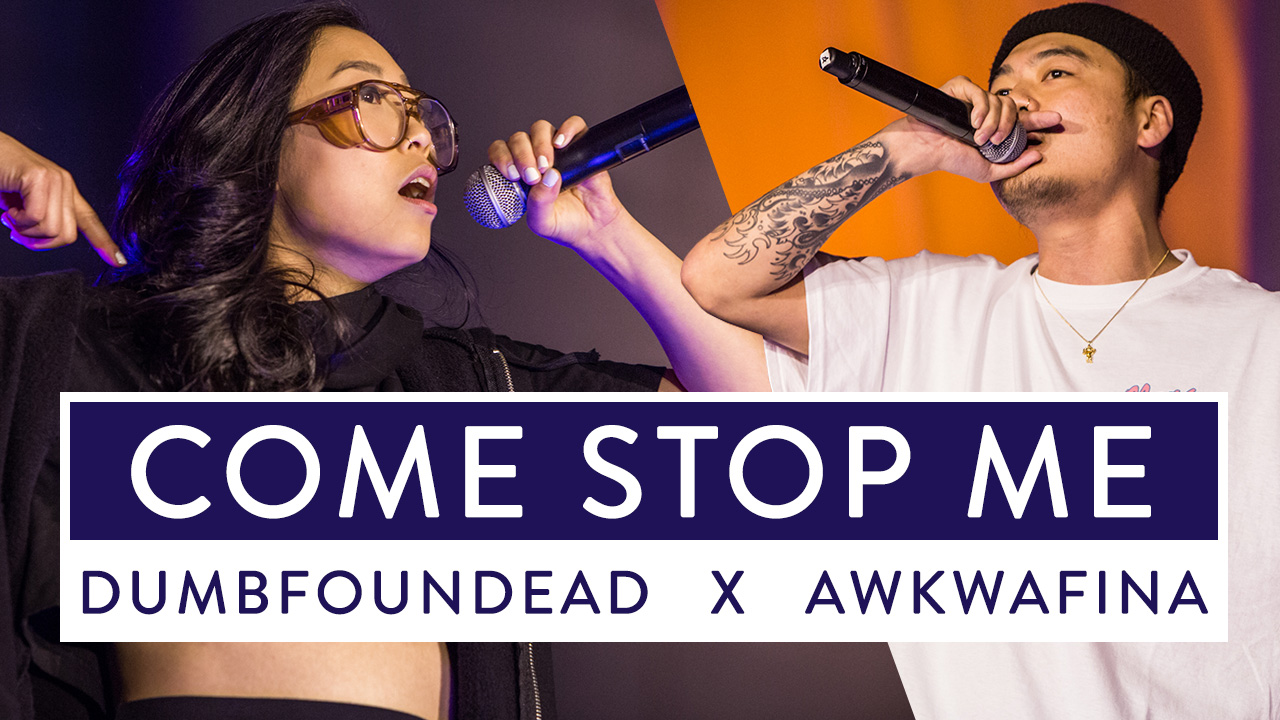Though the Asian Pacific American film community remains plagued by representation and inclusivity issues in Hollywood, it’s still come a long, long way. All you need as proof is one scroll through the schedule for this year’s Los Angeles Asian Pacific Film Festival, where an unprecedented number of feature- and short-length projects, 184, are due for screening from Thursday to May 4, and May 5 to 11 in Orange County.
As the festival looks toward highlighting Taiwanese cinema, honoring the 25th anniversary of the Los Angeles riots, introducing top emerging filmmakers and celebrating the awareness of #StarringJohnCho, a hashtag that ignited discussion about whitewashing last year, with a series of special screenings, it also ponders the question: How far have we come, and how much further do we need to go?
Here’s our conversation with Francis Cullado, executive director of festival organizer Visual Communications, who’s had a front-row seat in watching the event and the creative AAPI community grow.
This festival started 33 years ago. Are you able to speak on the history of the event?
It started in 1983. In 1983, when you imagine what kinds of film they were able to show — not many at that point in time. I think we were looking at a few short films and one or two feature films. It was initially about curating and producing works about Asian Americans, and then supporting work by them as well.
You started as an intern at VC maybe 15 years ago.
Yeah. I started in 2002 through an internship through the Getty. When I started with VC, that was actually the first film festival I ever saw. In 2002, it was the opening night for “Better Luck Tomorrow” as well.
That’s incredible, to have been there for the opening of “Better Luck Tomorrow” and then to invite it back for its 15th anniversary, and for a panel, as executive director.
It is really weird. One of this year’s points was to take a look back not just with Justin [Lin, the director, who went on to direct the “Fast & Furious” franchise, as well as the latest “Star Trek”], but with John Cho and Sung Kang and all of the cast. … It’s about checking ourselves and seeing how far we’ve actually progressed.
Going into this year with the festival, what were some main points of focus that VC wanted to address?
This year was a bit different from past years. A lot of it is that we were more intentional in how we wanted to do things, and how we felt post-election, and how we want to present films that aren’t just about escapism. I think the process is about each of our staff, volunteers and board of directors trying to create our idea of a community that we want to be a part of. Through this process, we try to create our ideal selves as well. Our festival artwork this year is from a 1972 newspaper cover from a newsprint called “Gidra,” which was an Asian American student newspaper. We’re also trying to cover conversations about intersections, whether it’s race or gender sexuality. You kind of see that through all the films. And now we’re not just telling Asian American stories. We’re telling transnational stories, going back and forth between Asia and the United States.
I do tend to see the festival as a facilitator of conversation about what’s happening, especially because it’s this space for art and expression.
I think that too. I mean, we’re doing #StarringJohnCho, which, besides taking a look at the surge in that hashtag, it’s wanting that conversation about diversity and inclusivity. In addition to “Better Luck Tomorrow” and “Columbus,” we’re also playing a third film from 1998 called “Yellow.”
VC has made a couple of big milestones this year. One being, you’ve selected more films than ever before.
I had to make sure my staff was going to be OK with such a big schedule. At one point, we were like, “Do we have too many?” We have a spotlight on films from Taiwan, and it’s the 25th anniversary of the L.A. riots — sometimes it feels like a circus, but really, there’s no better time to do this. We don’t want to lose steam with all this happening. In terms of submissions for short films, we said no to five times more than what we have. That’s just a reflection of how much content our community is putting out.
And VC is now an Oscar-qualifying festival for shorts.
That was really working with the Academy of Motion Picture Arts and Sciences. [It also had to do with] the conversation on diversity and what happened with #OscarsSoWhite. So to have our short films become qualifiers, we’d at least be able to have them on the same level as other bigger festivals that have that access. And to have them support our program as well.
What else should people know about the festival?
Be on the lookout. A lot of it is putting good stories out there that will create dialogue. We have so many great artists — filmmakers, actors, writers, producers — that are so talented, and they’re all represented here. It’s about having a space for us to talk to each other. VC wants to explore those conversations and see how we can help impact great change.
The interview has been edited for length and clarity.
This year’s festival will kick off Thursday with a showing of “Better Luck Tomorrow,” followed by screenings of centerpiece presentation “Gook,” closing film “Columbus” and dozens of others in venues around Little Tokyo, the Arts District, Koreatown and Hollywood.
Find more information on the film festival, and buy tickets, at festival.vconline.org. Be on the lookout for more LAAPFF coverage!





